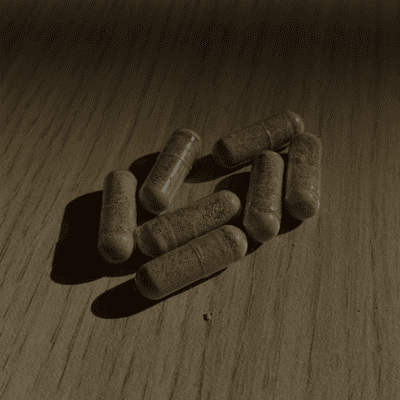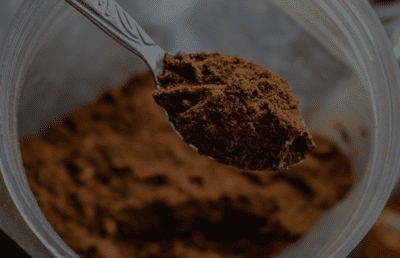Sun mushroom, also known by the scientific name Agaricus blazei Murill, is gaining popularity around the world for its incredible health benefits. Originally from Brazil and widely consumed in Asia, this medicinal mushroom is recognized for its immunostimulating, antioxidant and anti-inflammatory properties. It's time to find out everything you need to know about sun fungus.
What is the sun mushroom (Agaricus blazei Murill)?
The sun mushroom belongs to the Agaricaceae family. It is distinguished by its golden brown hat which has earned it the nickname “sun mushroom”. It is appreciated for its mild flavor and tender texture, in addition to its medicinal properties.
Origin and distribution of the sun fungus
Originally found in high altitude regions of Brazil, the sun mushroom is now cultivated in Asia, Europe and the United States to meet growing demand.
Nutritional composition of the sun mushroom
The sun mushroom is rich in polysaccharides, notably beta-glucans, which are known for their positive effects on the immune system. It also contains minerals, vitamins, essential amino acids and enzymes.
The virtues of the sun mushroom
The benefits of the sun mushroom are numerous, particularly thanks to its richness in nutrients. Here are some of the main benefits of this mushroom.
-
Immunostimulating effects: The sun mushroom is known for its immunostimulating properties. It is used in traditional medicine to strengthen the immune system and help the body fight infections.
-
Antioxidant properties: This mushroom is also a powerful antioxidant. It helps fight free radical damage and can help slow cellular aging.
-
Anti-inflammatory effects: Sun mushroom also has anti-inflammatory properties, which may help reduce inflammation and pain associated with certain health conditions.
How to consume the sun mushroom?
Sun mushroom can be eaten in different ways. It can be consumed in the form of a food supplement, in capsules or powder . It can also be brewed to make tea or used in cooking to add a touch of flavor and nutrients to your dishes.
Associations of sun fungus with other plants
Sun mushroom can be combined with other plants to increase its effects. For example, it can be combined with Reishi or Cordyceps to strengthen the immune system, or with Ginseng to boost energy.
Sun Mushroom FAQ
-
Does sun mushroom have any side effects?
-
Although generally well tolerated, sun fungus can cause allergic reactions in some people. If you experience symptoms such as rash, itching, difficulty breathing, or dizziness after consuming this mushroom, consult a healthcare professional immediately.
-
Is sun fungus safe during pregnancy or breastfeeding?
-
There isn't enough research to determine whether sun fungus is safe during pregnancy or breastfeeding. It is therefore best to consult a health professional before consuming this mushroom if you are pregnant or breastfeeding.
In summary, the sun mushroom is a treasure of nature with multiple medicinal virtues. Its richness in nutrients and its beneficial properties for health make it an excellent addition to any balanced diet.
 All our Mushrooms
All our Mushrooms
 All our Boost drinks, coffee alternative
All our Boost drinks, coffee alternative
 Gummies Focus
Gummies Focus
 All our Packs
All our Packs














 Coffee Alternatives
Coffee Alternatives
 Metabolism and weight loss
Metabolism and weight loss
 Cognitive function
Cognitive function
 Energy
Energy
 Sleep and Relaxation
Sleep and Relaxation
 Women's Health
Women's Health
 Immunity
Immunity
 Beauty
Beauty
 Detox
Detox

















